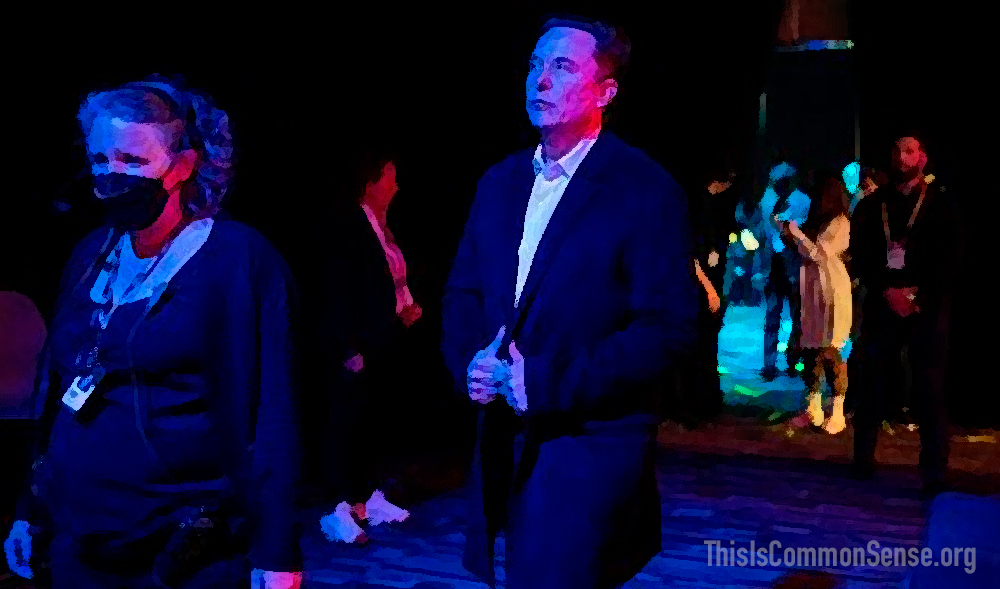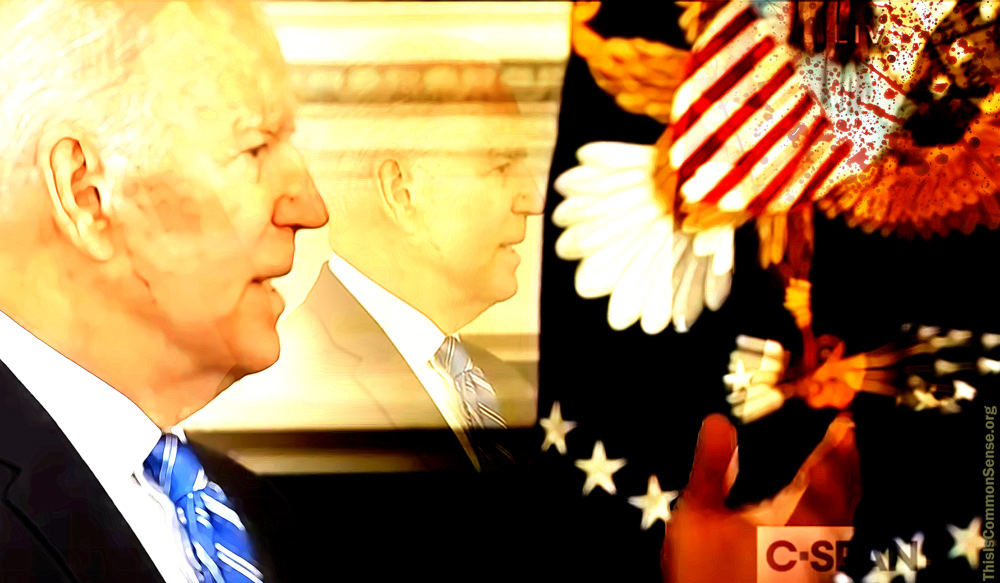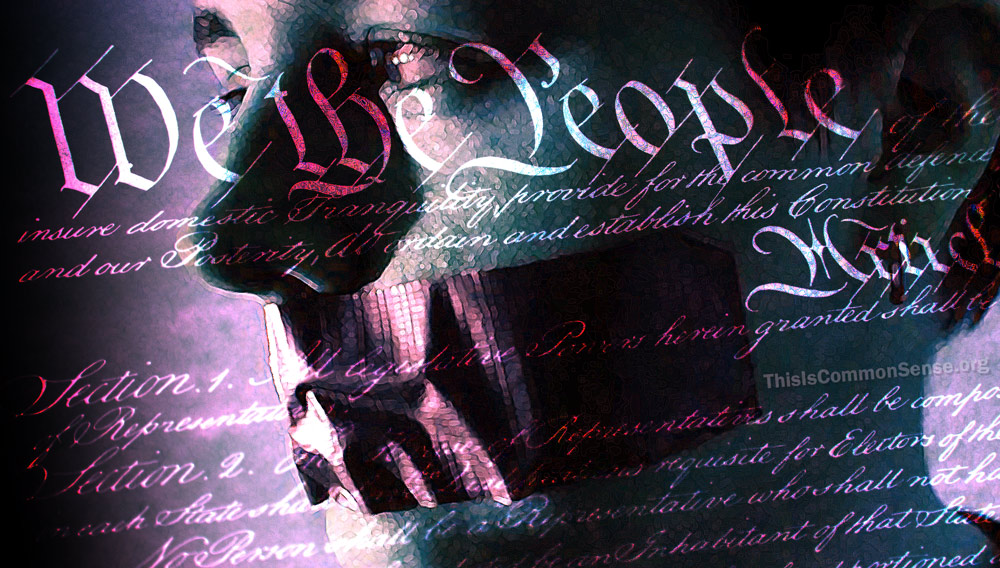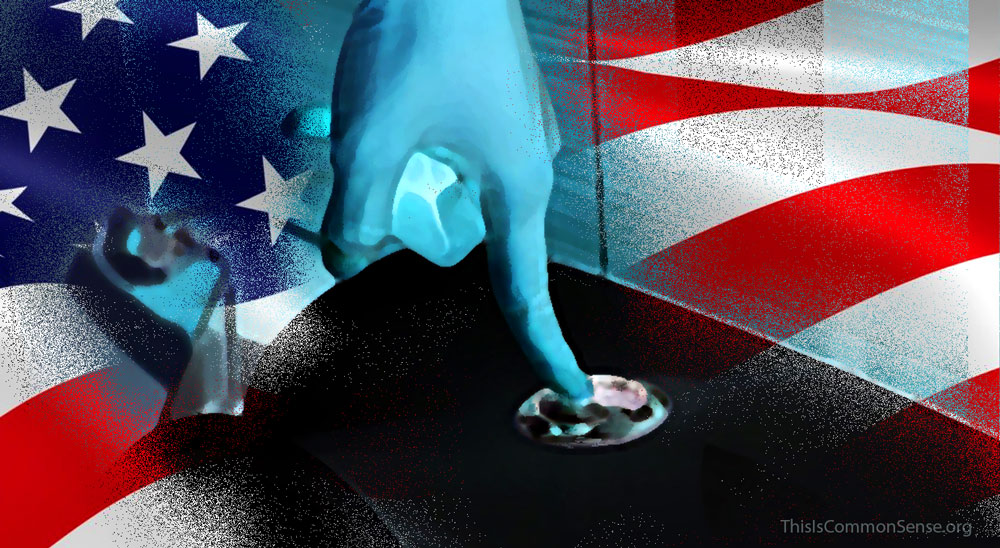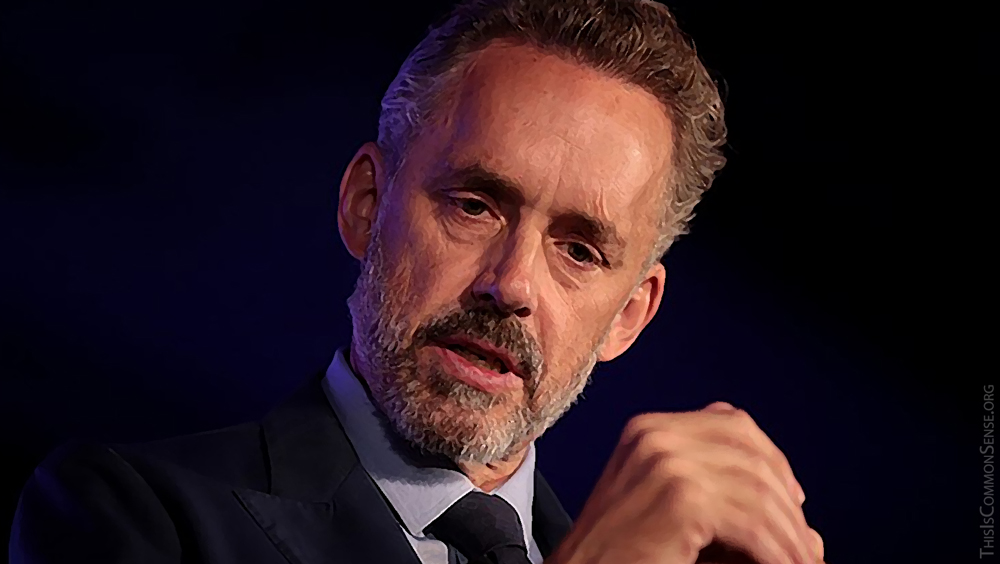Debra Paul, publisher of the weekly Londonderry Times, should not be facing jail time for publishing political ads.
In a land where a First Amendment explicitly if imperfectly protects freedom of speech, does anyone believe she should be?
Well, the New Hampshire attorney general, for one.
For two, whoever called his attention to the trivial oversight that led to Ms. Paul’s arrest last August.
Her venial sin, if it’s even that, was to publish political ads that failed to include the legend “Political Advertisement” as required by New Hampshire law.
The violation is punishable by up to a year of incarceration and a fine up to $2,000.
As Paul noted in August, “This is clearly a case of a small business needing to defend itself against overreaching government. To threaten a small business owner with jail time over something this insignificant is very heavy-handed.”
Insignificant, why?
Not labeling a political message “Political Advertisement” is only controversial in the slightest when the message imitates normal editorial or news content. The arrest warrant reports that the ads in question were on the order of “VOTE YES ARTICLE 2.”
Obvious political advertising.
Months later, Paul still awaits her fate. An arraignment is scheduled for later this month. On the advice of her lawyer, she had little to say when we asked her for an update about the case. But she hinted that a political adversary may have filed the complaint against her.
The net of multitudinous picayune laws that snagged Paul can snag anybody who does anything more culturally and socially ambitious than sitting at home staring at the wall all day. Such regulations can be exploited by anyone eager to harass someone for reasons quite apart from an alleged infraction.
This is Common Sense. I’m Paul Jacob.
Illustration created with Midjourney
See all recent commentary
(simplified and organized)
See recent popular posts

